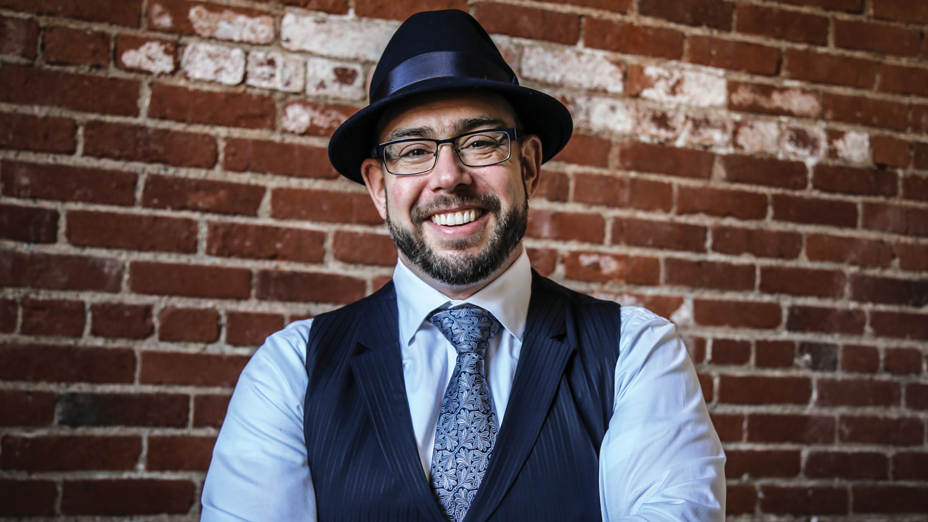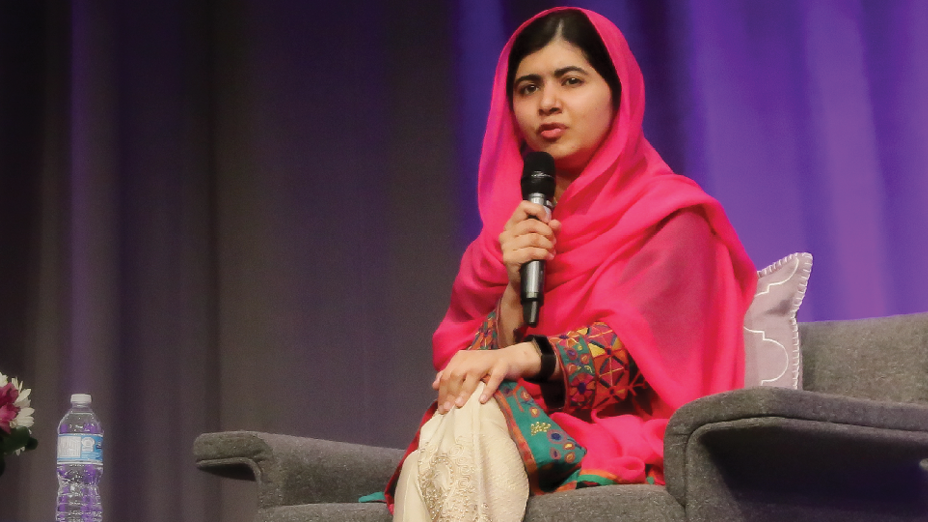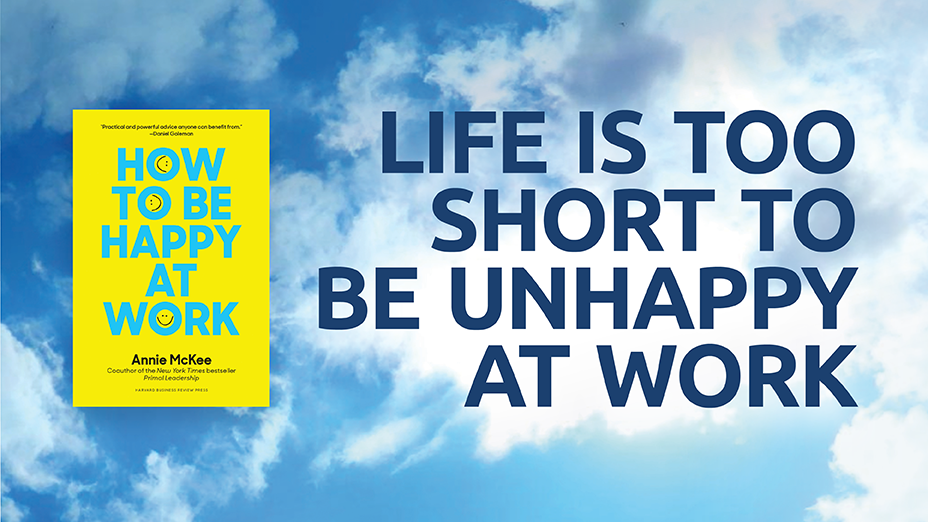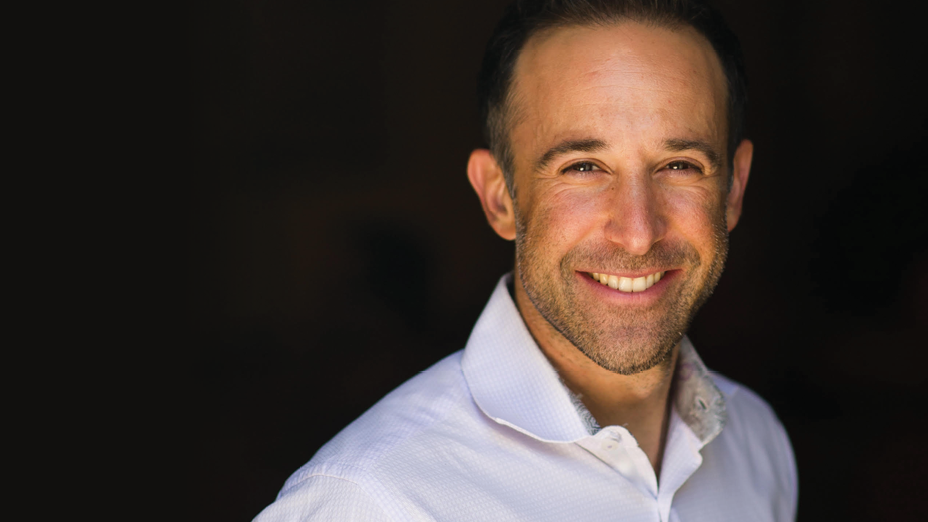I’ve had a lot of Day Ones in my life.
I’ve had Day One of a life without alcohol. I am powerless over alcohol, and for more than two decades it often turned me into far less than the man I want to be.
I’ve had Day One of being a vocal advocate for mental health awareness. Doing so has meant being open about my bipolar disorder in a world where mental illness is often confused with mental weakness. When your career relies entirely on the perceived credibility of your ideas, that can be terrifying.
I’ve had Day One of my life as an entrepreneur. A friend of mine once told me that “the three most addictive things on the planet are crack, carbohydrates, and a salary.” I didn’t fully grasp the truth of that statement until it came time to give up a steady paycheck from a prestigious university. I wasn’t sure I’d be able to feed myself, let alone build a thriving business and write a book.
I’ve had Day One on a weight-loss voyage of over 100 pounds. When I delivered the TEDx Talk that truly launched my career, I tipped the scales at over 300 pounds. Today, physical fitness is a huge part of my life and I no longer need to look at the scale to know when I’m healthy.
Each of my journeys—to sobriety, mental and physical health, and business success—began with a Day One. There is nothing you want to achieve “one day” that doesn’t begin with a Day One. Day One is when you begin the consistent behaviors that lead to what you’re hoping for one day: the weight loss, the corner office, your own business, and most importantly feelings of satisfaction, pride, and peace.
There are going to be a lot of difficult days on your journey to recognizing and applying your leadership, so here’s a fundamental premise of this book: you must treat every single one of those days like it’s Day One of your journey. This idea is not unique to this book: the concept is foundational in most addiction recovery programs, is a mindset adopted by elite athletes and is a key business philosophy of some of the world’s biggest companies. This book applies the approach in a very specific context: personal leadership development.
Day Ones provide a sense or renewal, commitment, and forgiveness. When I committed to sobriety I learned that I need to treat every day of the rest of my life as if it was the first day of my recovery. My sobriety hinges on a single, nonnegotiable daily behavior: choosing not to have a drink today . When I wake up in the morning, five straight years of making that choice doesn’t matter: I must commit to it again today if I’m to be the person I want to be. All that matters are the actions of today.
If I fail (and yes, I have failed some days), I cannot consider the failure permanent. I treat the next day as another Day One: a renewal of my commitment to the behaviors that make me someone of whom I’m proud.
Living Day One leadership means embracing the same philosophy: if you want to be a leader, choose to be a leader today. Repeat that choice every day. It doesn’t matter if you failed to do it yesterday or if you’ve done it every day for a decade: every new day begins with a recommitment to that choice.
How do you choose to be a leader? You make that choice with your actions—the behaviors you make nonnegotiable each day. This book will help you choose the right behaviors for you : the ones that will make you feel and act like a leader. They will be unique to you because they are intended to narrow the gap between the person you want to be and how you actually behave each day. Only you can truly know the nature of that gap, so there isn’t a one-size-fits-all approach. We’re going to customize it for your needs.
Working to close that gap is leadership: the leadership to which we all can and should aspire. It’s the leadership I want you to acknowledge and to which I want you to commit by implementing the process in this book.
Let go of the connections in your mind between leadership and titles, money, influence, and prestige. Those things come from others and are outside of your control. Only your behaviors are within your control and the biggest determinant of how others feel about you and how you feel about yourself is how you behave on a day ‑ to ‑ day basis. Leadership isn’t in the big things—leadership is in the consistent things. Develop a relentless commitment to specific daily leadership behaviors and you’re living life as a leader.
Living day one leadership means embracing the same philosophy: if you want to be a leader, choose to be a leader today. Repeat that choice every day.
Live today like a leader would on Day One and you’re a leader today. Live each day this week like a leader would on Day One, you’ve lived a week as a leader. Live each day this month like a leader would on Day One, you’ve lived a month as a leader. Then a year. Then five years. Then a lifetime.
The key is to stop worrying about the weeks and years: your commitment to leadership shouldn’t be over a block of time. Your commitment should be to act as a leader for a single day: Day One. Then treat every day as if it’s Day One: with a renewed commitment to your most important leadership behaviors. What’s possible in your life and career will grow with each subsequent version of Day One, but what’s essential (those key leadership behaviors) will always stay the same.
Let’s get started on exploring what your Day One might look like.





.png)



What Did You Think?